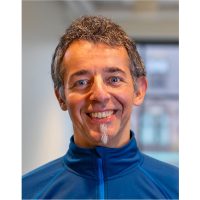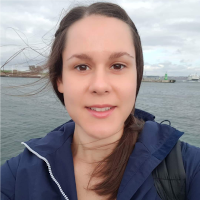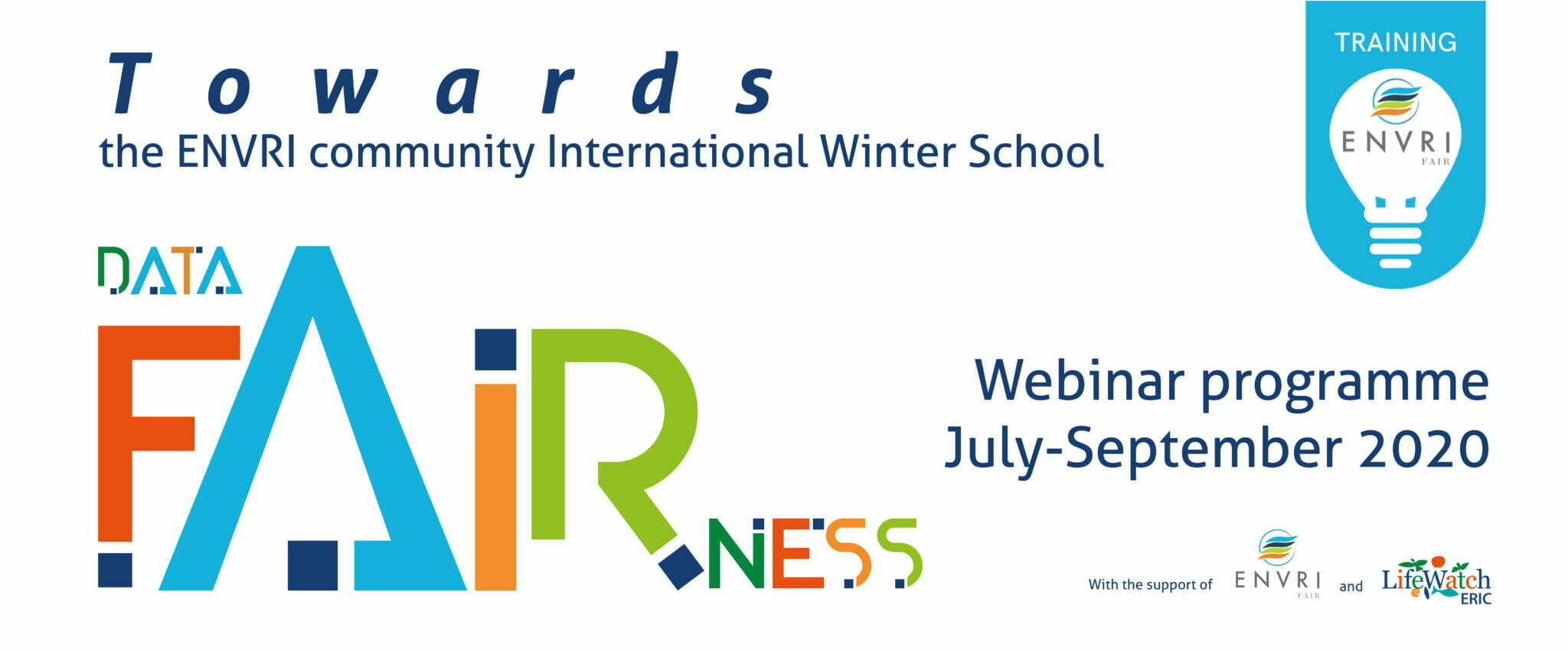- 13 July 2020
- 09.30 – 10.00 (CEST): Welcome and general presentation
- 10:00 – 12:00 (CEST): Cloud computing and application development for research infrastructures
In this webinar, we discussed the basic concepts of cloud computing, including virtualisation, containerisation, service models, and cloud application development. We also discussed how clouds can support data management and scientific workflows in the research infrastructures via examples from ENVRIplus and ENVRI-FAIR projects.
Speaker: Zhiming Zhao
Dr Zhiming Zhao is an assistant professor at University of Amsterdam (UvA). He leads the “Quality Critical Distributed Computing” research team in the group of Multiscale Networked Systems (MNS) at the System and Networking Lab (SNE). His research interests include big data management, Cloud and edge computing, software engineering, and blockchain. He leads the development support WP in ENVRI-FAIR and the VRE development in the LifeWatch-ERIC Dutch Virtual Laboratory Innovation Center. He is also the UvA PI in SWITCH, ENVRIplus, ARTICONF and several other projects.
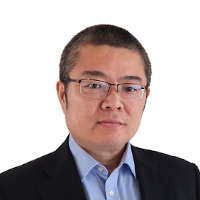
- 14 July 2020
- 10:00 – 12:00 (CEST): Workflows Orchestration and Execution
In this webinar, we introduced methodologies and tools to design, develop and execute scientific workflows for data curation and analysis. In particular, the Node-RED orchestrator was presented and some didactical examples from LifeWatch Italy showcases will be discussed.
Speakers: Nicola Fiore and Lucia Vaira
Dr Nicola Fiore is the ICT Coordinator of the LifeWatch ERIC Service Centre. He is Dr. Eng. Computer Science and has PhD in Computer Engineering. He has 17 years of working experience in IT, in the field of the design and development of Information Systems in both the private and public sectors, and 10 years of accredited professional experience in the area of Biodiversity and Ecosystem Bioinformatics research. His research activities include the definition of common policies, models and e-infrastructure to optimise technological implementation; definition of workflows; and coordination, harmonisation, integration and interoperability of data, applications and other services. He is one of the member of the Vocabulary Services Interest Group leading the Ontology Market Place working group in the framework of the Research Data Alliance.
Dr Lucia Vaira is the Web Portal Officer of the LifeWatch ERIC Service Centre. She is a Computer Engineer and received her PhD from the University of Salento in 2016. Her research interests include database modelling, data warehouses, medical informatics, and all aspects related to the main issues existing when dealing with data (security, quality, incompleteness, inconsistency, integrity, uncertainty, etc.). She has more than 5 years of experience in training and education for courses dealing with information systems, databases and information security. She is author of more than 30 scientific publications and serves as Program Committee member of several workshops and conferences in the Computer Science field.
- 10:00 – 12:00 (CEST): Workflows Orchestration and Execution
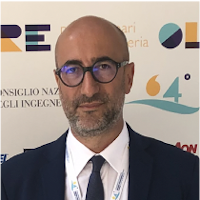

- 22 September 2020
- 10:00 – 12:00 (CEST): An introduction on Jupyter
The webinar presented a case study on how to use a Jupyter Hub with Python Notebooks so as to disseminate research data to the public, policy makers, and scientists. The Integrated Carbon Observation System (ICOS) is a European Research Infrastructure Consortium, measuring greenhouse gas concentrations and fluxes. The curated data sets are linked to a persistent identification and are public available. The data portal (ICOS Carbon Portal) further provides services for online collaboration and education. This webinar was structured into the following three parts:
– Automation of Infrastructure
– Data Access
– Dissemination and Collaboration
In a nutshell, we showed participants how we use ansible playbooks to create virtual machines, where we assemble docker images to run a Jupyter Hub and the final user interface as a docker container. For shared access and collaboration, we used the underlying Linux infrastructure to create users and groups to fine tune access. Secondly, we presented how we implemented access to the available data sets and their properties: the conventional way and direct access with a proprietary python library. The last part gave an overview of services, applications, notebooks and visualisations with examples tailored to different audiences. We then had a panel discussion about Jupyter and Python, the pros and cons of the different techniques applied in ICOS, scalability, other programming languages, FAIR principles etc.
Speakers: Claudio D’Onofrio and Karolina Pantazatou
Dr Claudio D’Onofrio is a data scientist at Lund University working at the ICOS Carbon Portal. He has a MSc degree in human computer interaction and a PhD in engineering. He has 20 years of working experience in Information Technology within the private and public sector. In his current role the focus is on data life cycle, data FAIRness, provenance and tracking and corresponding ontologies for meta data. Further he is leading the development of a python library to simplify access to ICOS meta data, data and observations.
Karolina Pantazatou is a junior scientific programmer at ICOS Carbon Portal, Lund University. She holds a BSc in Informatics and a MSc in Geo-informatics. She has worked as a project assistant, a scientific programmer and a GIS engineer in various interdisciplinary projects focusing on climate change, remote sensing, spatiotemporal demographic analysis and city planning. She has held workshops on how to use GIS-tools and Python-programming for researchers, PhD students and university students. At the Carbon Portal, she is developing user friendly Jupyter notebooks that process and analyse ICOS data products, targeted for education and scientists.
- 10:00 – 12:00 (CEST): An introduction on Jupyter
